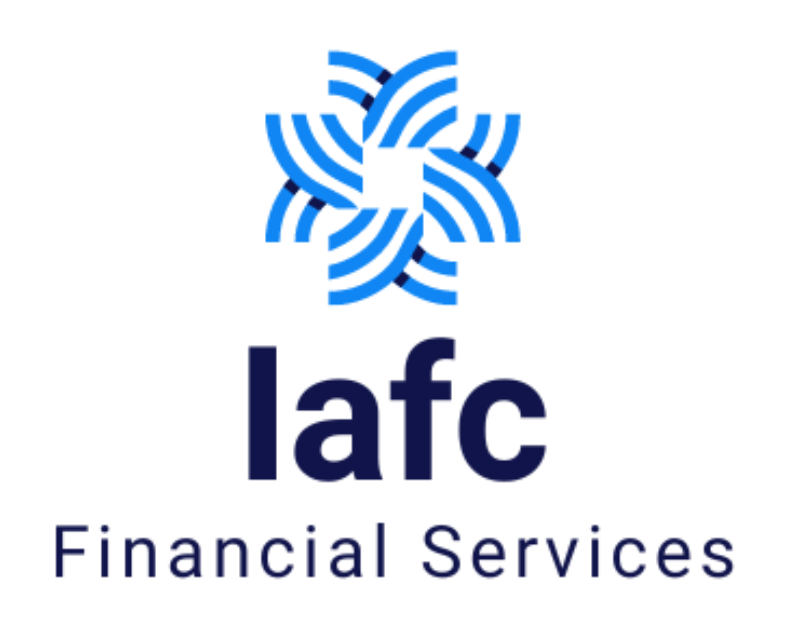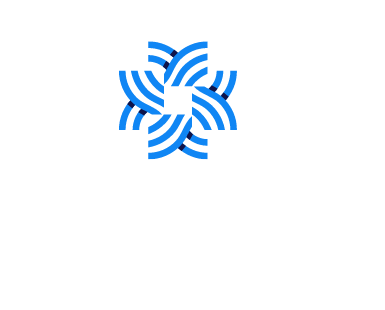Alternative Investment

What is Alternative Investment ?
An alternative investment refers to financial assets that fall outside traditional investment categories like stocks, bonds, and cash. These include real estate, private equity, hedge funds, commodities, cryptocurrencies, and collectibles such as art or antiques. Alternative investments often offer diversification, potential for higher returns, and can act as a hedge against market volatility. However, they tend to be less liquid, more complex, and may carry higher risk compared to traditional investments, making them suitable for experienced or accredited investors.
How can a person invest in Alternative Investment ?
A person can invest in alternative investments through specialized funds, private equity firms, hedge funds, crowdfunding platforms, or by directly purchasing assets like real estate, commodities, or cryptocurrencies. Access may require being an accredited investor or meeting specific financial criteria.
What is the process of Alternative Investment ?
The process of investing in alternative investments typically involves:
- Research: Understand the specific alternative asset class.
- Accreditation: Ensure eligibility, as some investments require accredited investor status.
- Selection: Choose a platform, fund, or direct investment.
- Due Diligence: Assess risks, returns, and legal implications.
- Funding: Allocate capital through purchase, commitment, or subscription.
- Management: Monitor and manage the investment, or hire professionals.
- Exit Strategy: Plan for eventual sale, redemption, or other exit methods.


Benefits of investing in Alternative Investment:
The benefits of investing in alternative investments include:
- Diversification: Reduces reliance on traditional asset classes like stocks and bonds.
- Potential for Higher Returns: Offers opportunities for significant gains in niche markets.
- Inflation Hedge: Assets like real estate and commodities can protect against inflation.
- Lower Correlation: Less affected by stock market volatility.
- Access to Unique Assets: Investments in art, private equity, or hedge funds offer exclusive opportunities.
- Tax Advantages: Certain alternatives offer favorable tax treatments.



